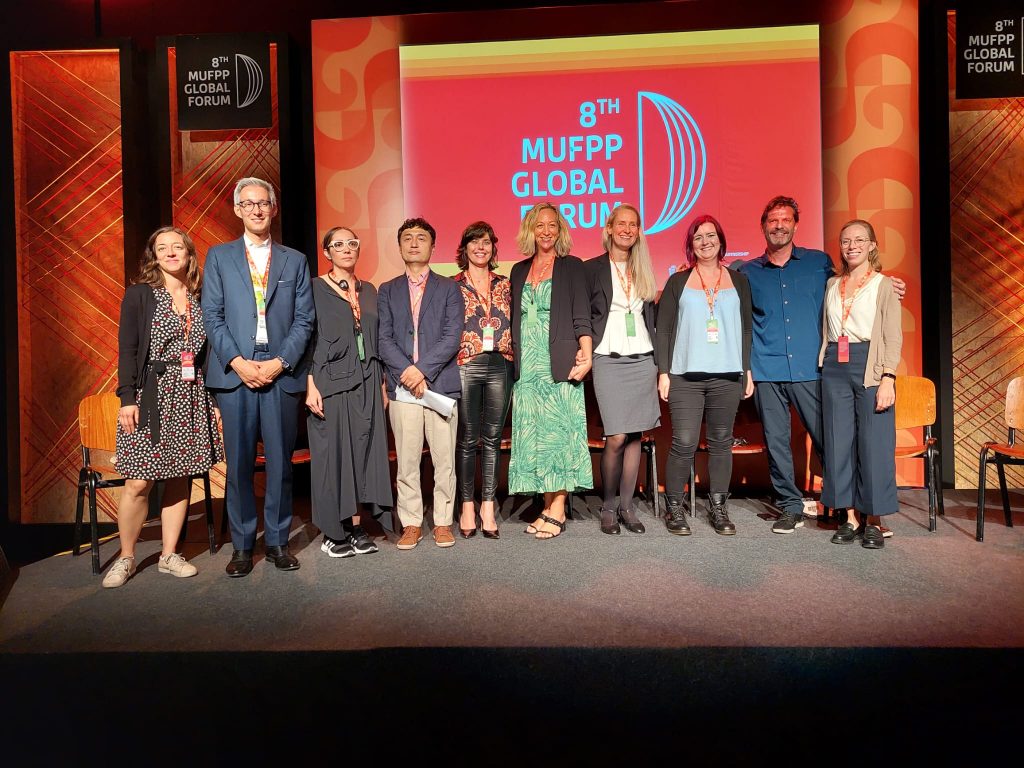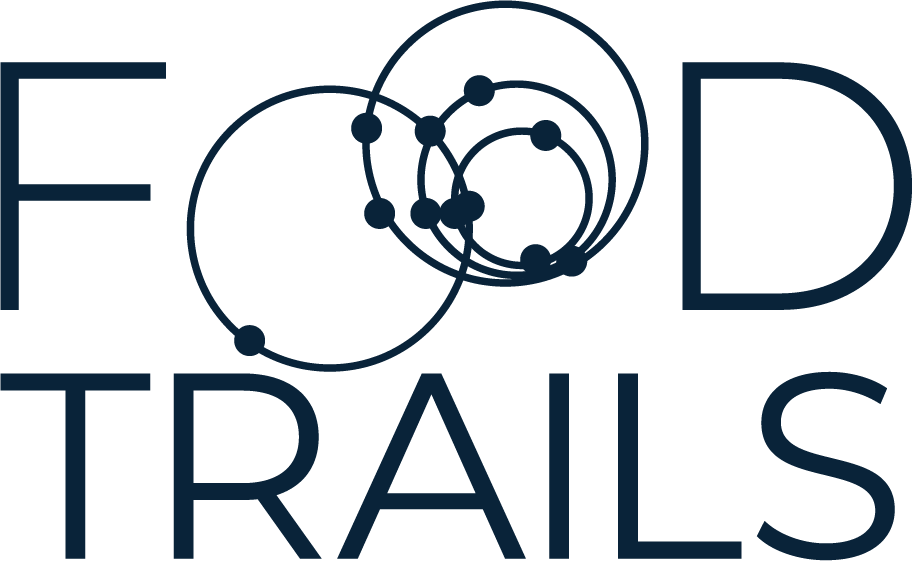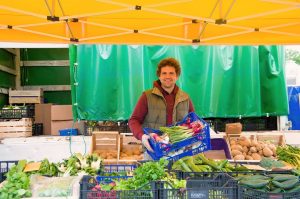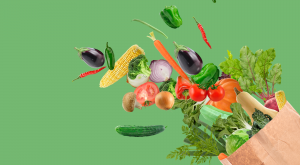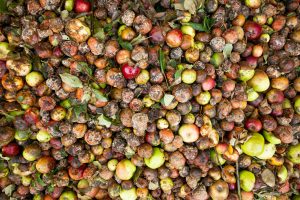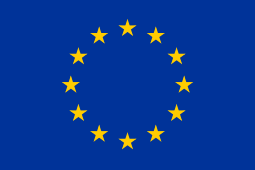Reporting back from the EAT and Food Trails panel at the 8th MUFPP Global Forum, on ‘Sustainable, healthy and just food procurement for people and planet’, featuring three Food trails partner cities – Milan, Copenhagen and Birmingham.
Since 2015, the city of Milan has been a leader in convening cities to support sustainable urban food systems through the Milan Urban Food Policy Pact (MUFPP). Signed by more than 250 cities committed to sustainable food systems, this inspiring group of cities gather annually at the Milan Pact Global Forum, to exchange learnings and best practices and to celebrate success.
In October 2022, the city of Rio de Janeiro hosted the 8th Global Forum of the Milan Urban Food Policy Pact on the theme of “Food to Feed the Climate Justice: urban food solutions for a fairer world.”
Science has outlined what a healthy and sustainable diet within planetary boundaries is, but how can we help everyone eat this way? One approach is through public procurement: the food that city governments purchase for public meals, like in school canteens, elderly care homes, and other municipal facilities.
EAT and the Food Trails project co-organized a panel at the Global Forum, on ‘Sustainable, healthy and just food procurement for people and planet.’ Three participating Food Trails cities – Milan, Copenhagen and Birmingham – took part in the panel.
Emily Norford, EAT’s Urban Food Systems Manager, opened the session. The panel was moderated by the charismatic David Hertz, founder of Gastomotiva – a Brazilian initiative promoting inclusion through Social Gastronomy.
The diverse panel representing seven global cities embarked on a fruitful discussion on procurement practices, and how their cities are purchasing food in ways that contribute to healthy, sustainability and fair food systems.
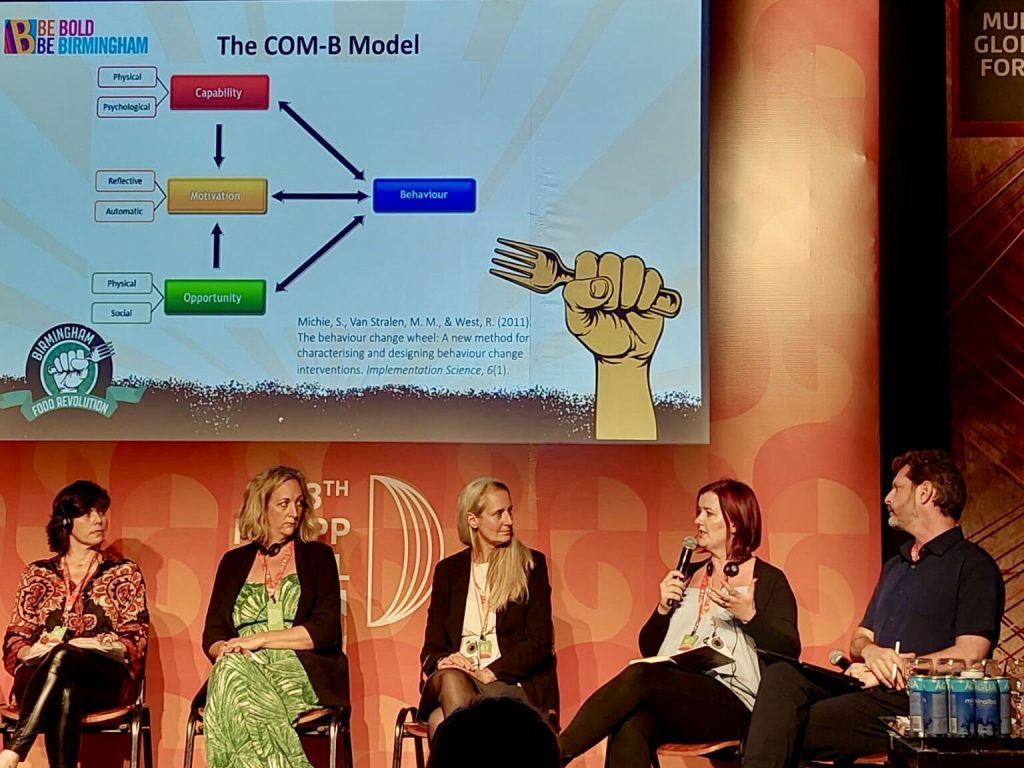
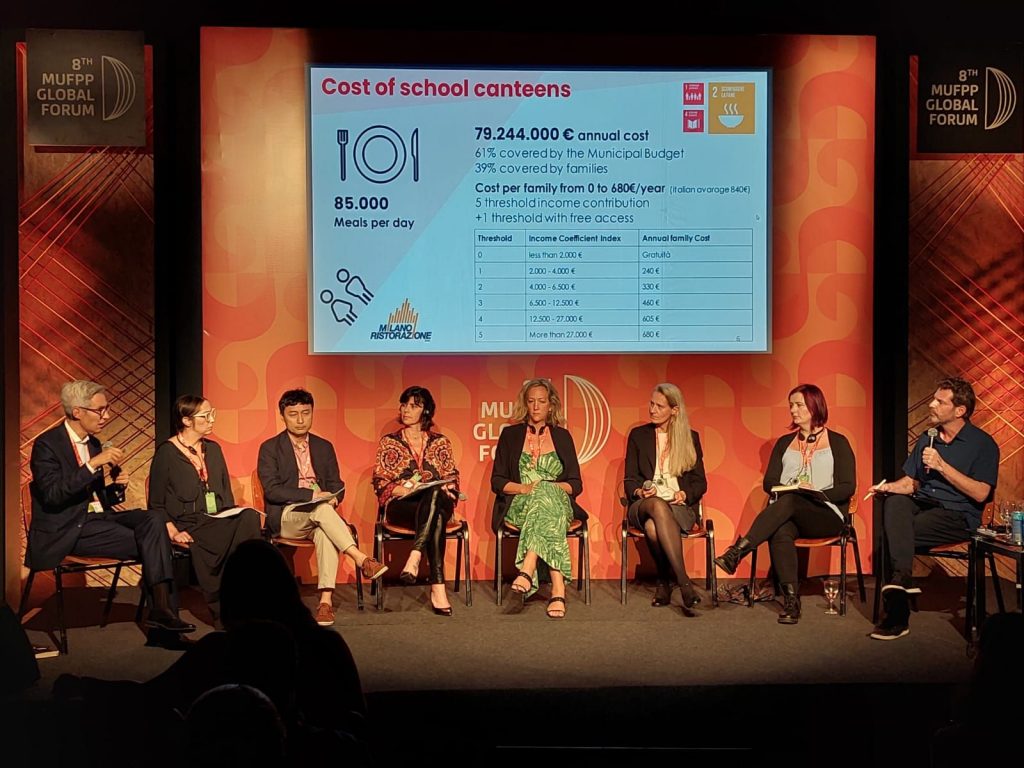
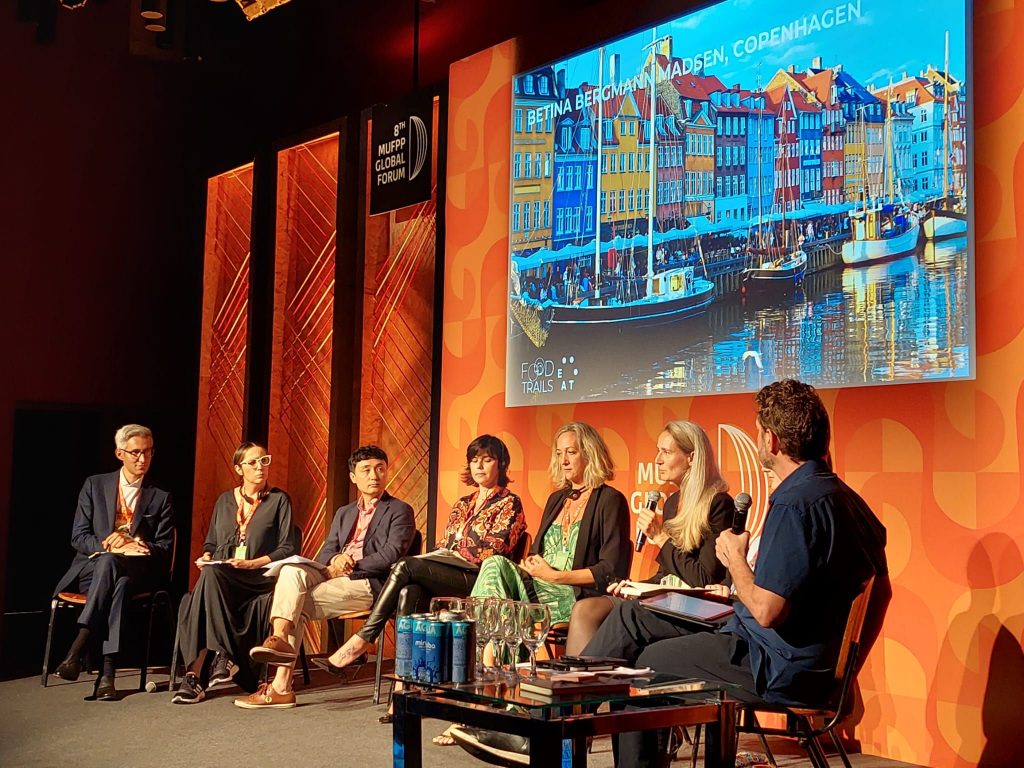
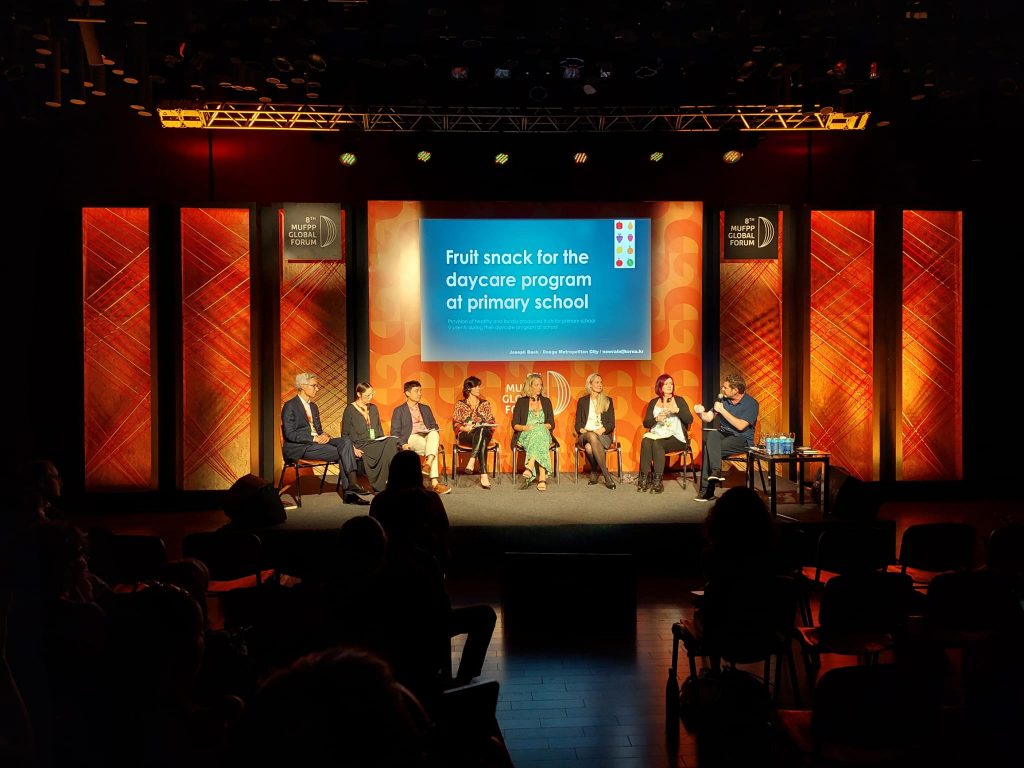
Best practices from the cities
Public procurement can be channeled through school meals for equity purposes, while also supporting health and sustainability.
Milan shared its perspective of procurement as a tool to support equity in its 600 schools, enabling better student retention through school meals. In Daegu, Korea, public procurement is channeled to provide fruit snacks in 228 primary schools, allowing children to form healthy eating habits while also supporting local and seasonal agriculture. Similarly, in one of the biggest school feeding programs in the world, Rio de Janeiro uses public procurement to guarantee access to healthy food in schools and promote health, while also purchasing 40% of its products from small farmers. The city of Guadalajara uses public procurement to defend the principle that food is a right, through youth centers, urban gardens, community kitchens, and providing “planetary diet” meals for children under six.
Public procurement can also be considered from a political, or even behavioral lens.
New York City, a 2022 signatory of the Good Food Cities Declaration, is leveraging public procurement to establish food and nutrition standards for all NYC meals, for example including a 10% limit on calories from added sugar. The big apple also involves students in menu development, requiring a 75% approval rate of new dishes. Copenhagen applies procurement as a means of bringing political goals to life; to enact the new Danish dietary guidelines and reach the city’s target of 90% organic food in public meals, healthy food gets a higher weight in the city’s procurement evaluation. Finally, Birmingham uses a behavioral change model (COM-B) to overcome procurement challenges and advance integrated food systems efforts.
All examples shared at the Milan Pact Global Forum illustrated that public food procurement can be a flexible tool to contribute to healthy, sustainability and just food systems.
The panel was made up of the following speakers:
- Andrea Magarini, Milan, Italy
- Diana Vargas, Guadalajara, Mexico
- Joseph Baek, Daegu, South Korea
- Aline Borges, Rio de Janeiro, Brazil
- Kate MacKenzie, New York City, USA
- Betina Bergmann Madsen, Copenhagen, Denmark
- Sarah Pullen, Birmingham, England
You can watch a recording of the EAT-Food Trails session on YouTube (see above. Excuse the technical difficulties!).
